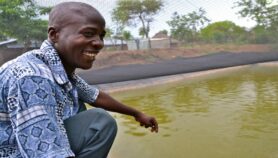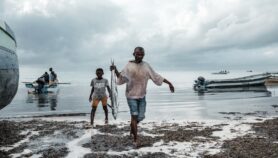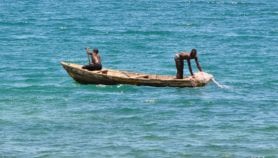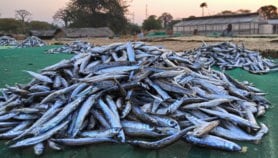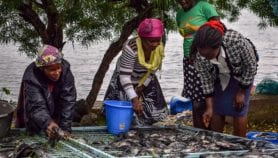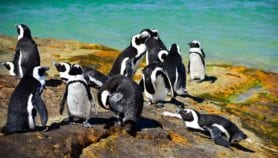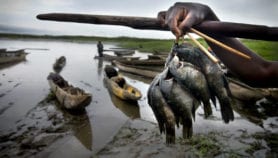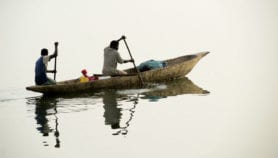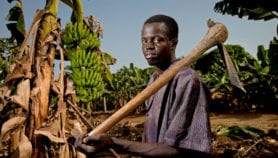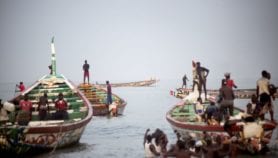By: Christina Scott
Send to a friend
The details you provide on this page will not be used to send unsolicited email, and will not be sold to a 3rd party. See privacy policy.
South Africa’s aquaculture industry should focus on farming ‘simple’ creatures, such as molluscs and seaweed, rather than carnivorous fish, according to a University of Cape Town researcher.
The country is currently formulating an aquaculture policy to determine the direction of the fledgling industry.
John Bolton’s research on the policy was published this week (28 May) in the South African Journal of Science.
So far, pilot aquaculture projects have focused on farming the fish traditionally harvested along the South African coastline.
But according to Bolton, fish farms create a lot of pollution, releasing large amounts of nitrogen into the environment, and use up a lot of water in processing, which is a problem in arid South Africa.
Creatures further down the food chain ― such as seaweed and molluscs ― require less care, have higher survival rates and the farms are less expensive to run, says Bolton.
They also have a smaller ecological impact, he says. Tank farms of abalone ― a type of mollusc ― can recycle waste to make abalone food and absorb nitrogen-rich waste from fish aquaculture, reducing the potential negative ecological impact of both types of farming.
Abalone farming has already had some success in South Africa. The Abalone Farmers Association of South Africa says 13 land-based tank farms produced 890 tonnes of high-priced abalone for export last year, and another ten farms are in development.
Seaweed farms ― the product of which can be used in food additives and as a stabiliser in toothpaste and shoe polish ― have had some success elsewhere in Africa.
Bolton cites the success of red seaweed cultivation of the island of Zanzibar, which the Zanzibaris are able to sell internationally.
A South African government official said that a key function of the policy was to reduce pressure on depleted fish stocks and provide an alternative to traditional forms of fishing. This would include the threatened abalone, but could exclude seaweed.
“We’re not engaging with marine aquaculture because of its economic prospects, we are dealing with species under threat,” Blessing Manale, spokesperson for the government’s Department of Environmental Affairs and Tourism, told SciDev.Net.
“Our primary role is to provide an alternative for depleting fish stocks.”
Global aquaculture ― a response to over-fishing and the rise in human population ― was worth over US$70 billion in 2004. Africa’s 53 countries account for less than one per cent of global aquaculture, with South Africa accounting for just one per cent of that.



